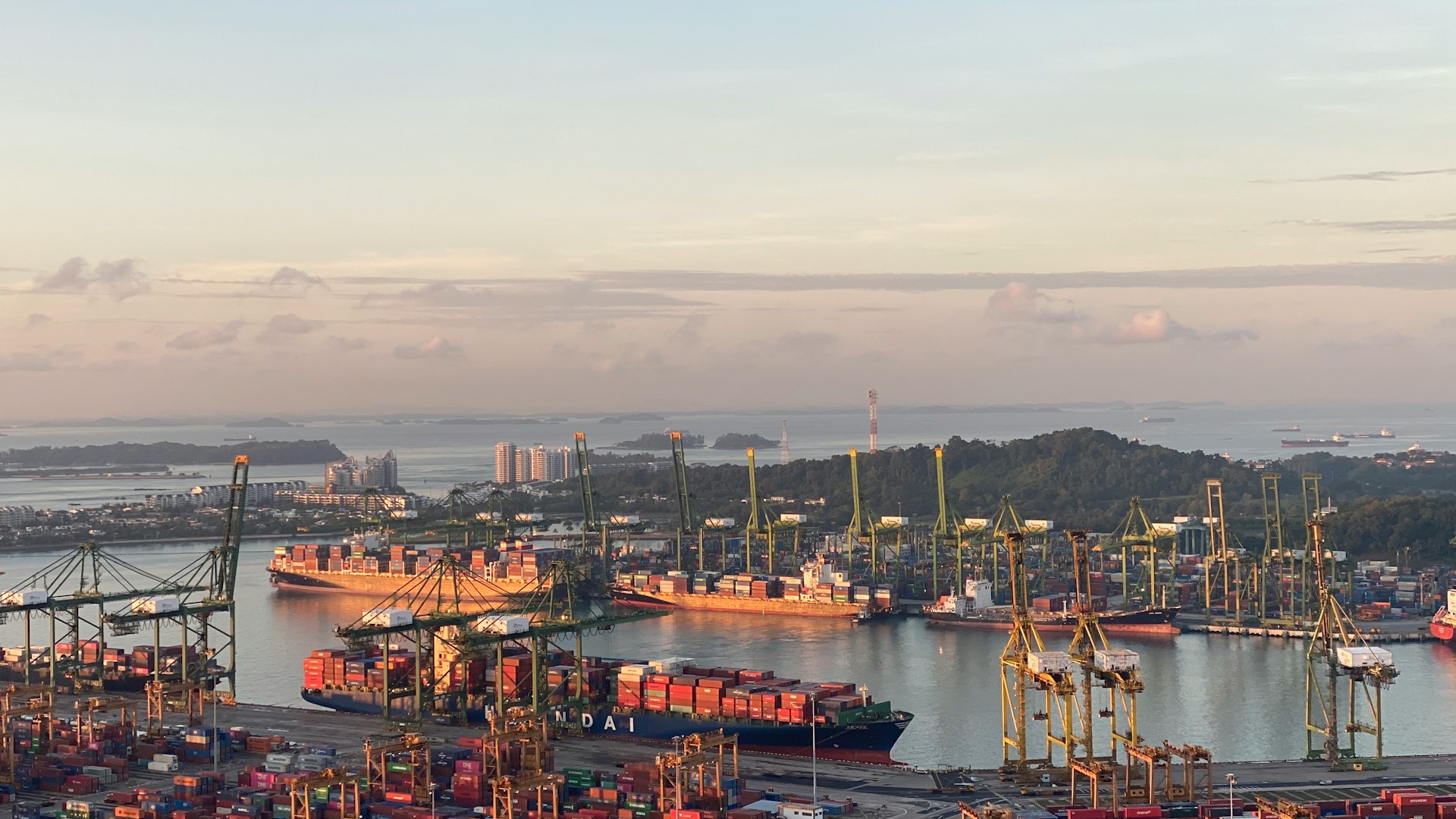Ports Facing Congestion Crisis as Vessel Bunching Surges

Container ports are grappling with severe scheduling disruptions not seen since the height of the pandemic.
According to a new report from Danish consultancy Sea-Intelligence, vessel bunching—where multiple ships depart on the same service within the same week—has risen dramatically this year. The situation on the Asia-Europe route, in particular, has returned to pandemic-like levels, largely due to the ongoing Red Sea shipping crisis.
Vessel bunching often occurs due to delays in shipping schedules. Sea-Intelligence explains that when several vessels depart in quick succession on the same service, it puts significant pressure on ports and terminals. This, in turn, can cause congestion, leading to a strain on truck, rail, and barge resources.
Sea-Intelligence cautioned that there is no sign of relief for ports anytime soon, as liner shipping continues to face unprecedented supply chain disruptions in 2024, second only to those experienced during the COVID-19 pandemic.
One of the primary contributors to this bottleneck is the disruption caused by the Houthis of Yemen, who have severely restricted container ships from using the Suez Canal. This has forced many vessels to reroute around the Cape of Good Hope, reducing global shipping capacity and exacerbating vessel bunching and port congestion worldwide. The issue has been further compounded by ongoing strikes within the supply chain workforce.
Singapore’s port, for example, has seen nearly 90% of container vessels arriving behind schedule, a significant increase from the 77% average in 2023. Additionally, the average duration of vessel stays at PSA Singapore has risen by 22% compared to the previous year.
In response to the growing congestion, PSA Singapore's leadership has taken several steps to maintain efficient operations. In May, the port reactivated older berths and yards at Keppel Terminal and increased manpower to manage the overwhelming buildup of containers.